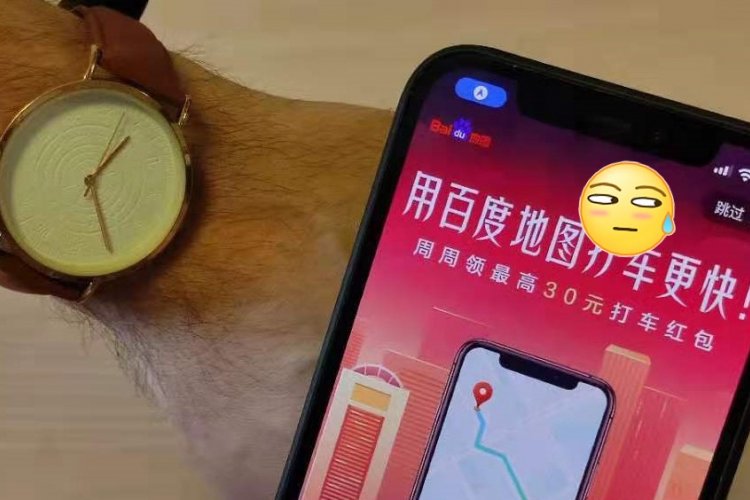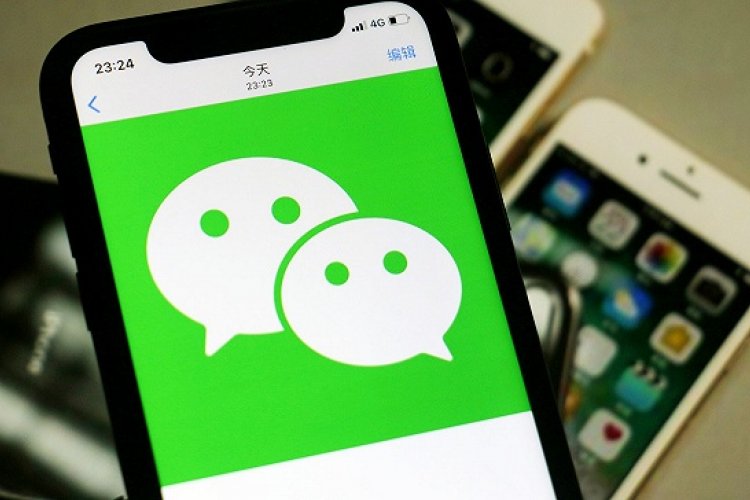Forget QR Codes, China’s Next Favorite Payment Method is Your Face
This post comes courtesy of our content partners at TechNode.
The launch of Apple’s new iPhone X – equipped with tech that can turn your face into a poop emoji – seems to have left China’s consumers less than impressed. This shouldn’t surprise us; authentication through facial recognition and other biometric features have been gaining traction in China for quite some time. From fighting toilet paper thieves with dispensers equipped with facial recognition to WeChat’s new feature that allows hotel guests to check-in with a face scan, tech giants such as Tencent, Alibaba, and Baidu, as well as AI companies like Face++ and SenseTime (商汤科技), have been finding new ways to bring biometric technology to consumers.
“Both the private sector as well as state institutions implemented various types of biometric identification (BI) infrastructure, e.g. facial recognition in retail and fast food, voice recognition in commercial customer service centers, fingerprint scanning at immigration checkpoints and many others,” Filip Kratochvil, former CEO of Shenzhen Neo Credit (小牛分期) told TechNode.
Boosted by the government-backed artificial intelligence pivot, China is currently among the world’s top developers of biometric identification technology. Along with an ample amount of tech developers and government support, the field is expanding thanks to looser privacy policies compared to other countries, according to Kratochvil.
Aside from government projects such as biometric ID cards, facial recognition security checks and social benefits access (in Chinese), the biggest biometric boom is happening in payments. Big financial institutions such as Citibank, Union Pay, and HSBC have led the way in BI.
But more interesting experiments are happening on the ground in China. Alipay recently introduced its “Smile to Pay” facial recognition system for customers at a KFC fast food restaurant in Hangzhou. Baidu ran a similar trial earlier this year.

An even more innovative application of facial recognition is being witnessed in China’s unmanned stores. Unlike BingoBox and Alibaba’s Hema, which use apps for payment, Suning’s new unmanned store allows customers to “link” their face to Suning Finance’s app, meaning that shoppers are able to pay just by showing their face to the scanner while the products are automatically scanned by the product sensor and billed.
Biometrics are also becoming mainstream in fintech with companies such as Neo Credit using facial recognition to offer financing. Even a non-tech company like PingAn Insurance has been investing in facial recognition tools which will enable it to give out loans in six minutes. Kratochvil believes that BI tools will replace credit cards, NFC chips, and QR in China.
“Look at the Chinese adoption of mobile payments and QR codes,” said Kratochvil. “The spread of mobile payments throughout the whole of China was faster than anywhere else in the world thanks to WeChat Payment and Alipay. The common adoption of biometric identification will require large investments in BI scanning devices and underlying data and technology infrastructure, but who else in the world other than the Chinese technology giants would be able to invest massively and roll it out fast?”
Of course, many are cautious about biometric technology given its possible adverse effects on privacy. Chinese have traditionally been more open to new technologies and less concerned with privacy than their western peers – 61 percent of Chinese believe we will use only biometrics to access banking services in the next ten years, according to HSBC’s Trust in Technology report. However, the arrival of the iPhone X has triggered debate in China.
One of the more vocal critics is Tan Jianfeng, founder of encryption technology company PeopleNet and President of Shanghai Information Security Trade Association. According to him, biometric authentication brings hidden dangers.

“We have unique faces, fingerprints, and irises – it is the uniqueness of biometrics that makes people think biometric authentication is safe,” said Tan in a statement for China News (in Chinese). “But because of this, the risks are even greater. Once biometric libraries are breached and biometric data are stolen they can never be restored. This is the real weak spot for biological certification.”
Tan warned that online companies should not use the technology as a gimmick to attract consumers, adding that tech companies such as these have huge pools of user data which are in danger of leakage. After all, biometric information is transmitted through the Internet as a code and as such, it can be intercepted and reconstructed by hackers.
Kratochvil agrees that we will see more biometric ID cyber crimes in the future and news reports confirm that. Drivers registering through ride-hailing app Didi have recently discovered that their ID has been hijacked despite the fact that Didi uses facial recognition to verify drivers’ identity. Other reports have also shown that data privacy is one of China’s weak points.
Others are taking it more lightly. As one Weibo commentator wrote: “Time can change faces, especially for those who love plastic surgery.”
Image: smedata.sk, Alibaba (video screenshot), Suning








